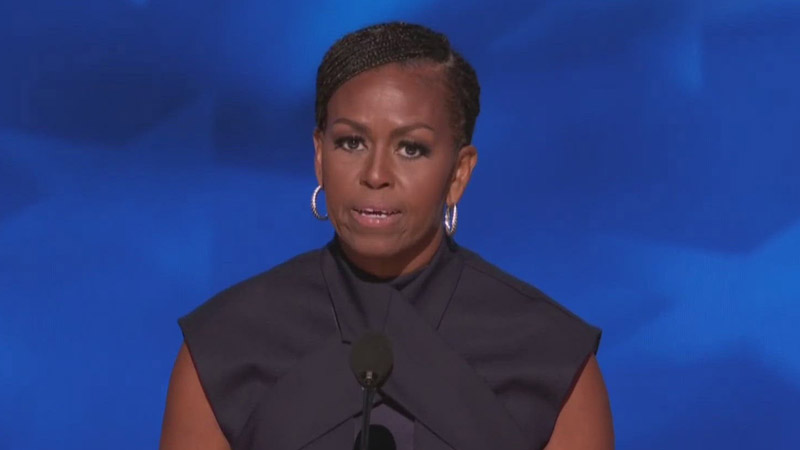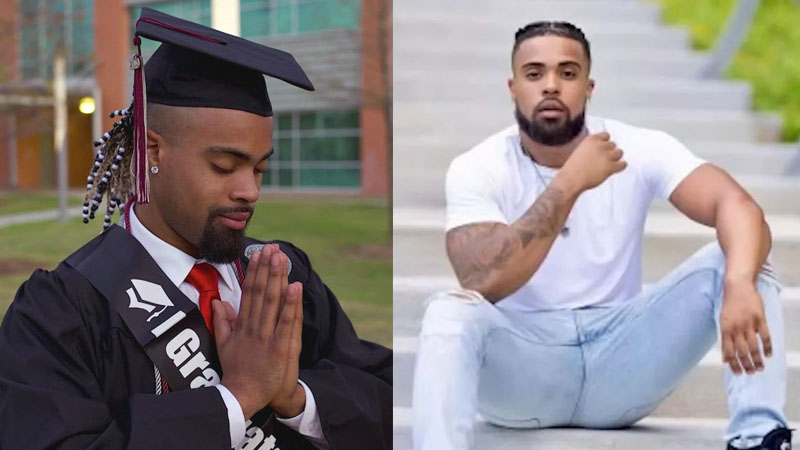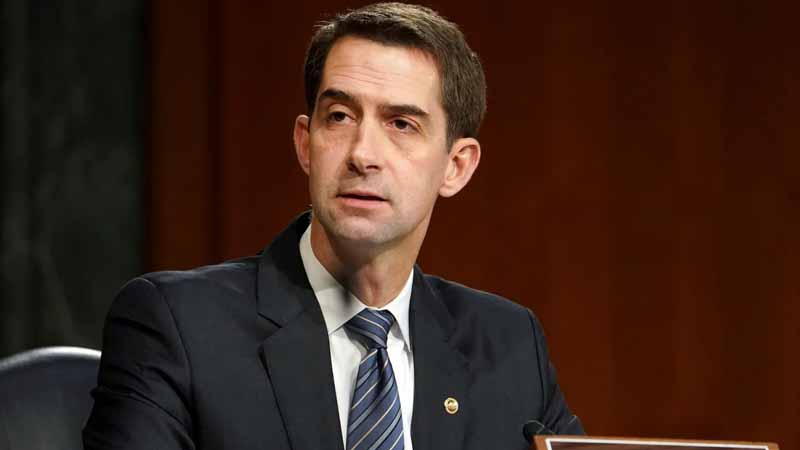Legal Battles Begin Over Trump’s Hush Money Payments to Stormy Daniels

(AP Photo/Alex Brandon, File)
During the opening statements of Donald Trump’s latest legal battle, prosecutors swiftly countered the arguments presented by Trump’s legal team concerning the payments made to adult film actress Stormy Daniels. The session was marked by immediate objections from the prosecution as Trump’s lawyer, Todd Blanche, laid out the defense’s perspective on the controversial hush money transaction.
Blanche argued that the payments were essentially a protective measure, aimed at shielding Trump’s family from potential public scandal if the story were to leak. This point was part of the broader narrative that the payments were not meant to influence the outcome of the 2016 presidential election but were rather personal in nature.
The defense further claimed that Trump had acted on legal advice provided by his attorneys, implying that his actions were guided by their interpretations of what was legally permissible. This is where the first significant legal skirmish of the trial emerged. Prosecutors objected to this line of reasoning, particularly challenging the defense’s invocation of attorney-client privilege in the discussions between Trump and his former lawyer, Michael Cohen.
MSNBC host Katie Phang, who was present in the courtroom, reported that the crux of the objections involved the nature of the advice Trump received and how it was presented to the jury. According to Blanche, Trump was relying on his legal team to navigate the complexities of the law concerning the payments.
The situation intensified when Blanche suggested that Cohen had perjured himself in previous legal proceedings. This assertion aimed to undermine Cohen’s credibility, which is central to the case considering he has been a pivotal figure in the unfolding of the hush-money narrative. However, this move prompted the second objection from the prosecution, which questioned the clarity and validity of the claim that Cohen had lied under oath.
MSNBC’s Lisa Rubin, providing live updates from the trial, noted that the prosecution contested the ambiguity and lack of specifics in the defense’s claims about Cohen’s alleged falsehoods. The judge presiding over the case sided with the prosecution on these objections, setting a precedent for how tightly controlled the presentation of evidence and arguments would be throughout the trial.
The rulings suggested that the court was taking a stringent approach to ensure that the arguments presented were clear and based on substantiated facts rather than broad or ambiguous claims. This opening day set the tone for what is likely to be a contentious trial, highlighting the legal complexities surrounding the hush money payments.
The objections and subsequent rulings reflect the intense scrutiny under which both legal teams operate, as they attempt to navigate the intertwined legal and public relations aspects of the case. The trial not only revisits the ongoing legal woes of Donald Trump but also tests the boundaries of legal arguments related to presidential conduct and attorney-client privilege. As the trial progresses, these themes are expected to be explored further, with significant implications for all parties involved.


